As parents, we all want the best for our children, especially when it comes to their development and education. Language skills play a crucial role in a child's cognitive, social, and emotional growth, laying the foundation for future academic success and communication abilities. In recent years, the Montessori approach to education has gained popularity for its emphasis on hands-on learning and individualized instruction. Montessori language toys, in particular, are designed to support children's language development in a fun and engaging way. In this blog post, we'll explore the importance of language development in early childhood and provide guidance on choosing the right Montessori toys for your child's developmental stage.
Understanding Language Development in Early Childhood:
Language development begins from birth and progresses rapidly during the early years of life. Babies are born with an innate capacity for language, and their ability to communicate evolves as they interact with their environment and caregivers. During the first few years of life, children go through significant milestones in language development, including:
1. Babbling: Babies begin to make sounds and babble as early as a few months old, experimenting with different vowel and consonant sounds.
2. First Words: Around 12 to 18 months of age, children typically start saying their first words, such as "mama," "dada," and familiar objects or names.
3. Vocabulary Expansion: As children grow older, their vocabulary expands rapidly, with toddlers learning new words and concepts every day.
4. Sentence Formation: By the age of two or three, children begin to string words together to form simple sentences and express more complex ideas.
These early years are critical for language development, as children's brains are highly receptive to language input and stimulation. Providing a rich and supportive language environment can help nurture children's language skills and set the stage for lifelong learning.
The Role of Montessori Toys in Language Development:
The Montessori approach to education emphasizes hands-on learning, sensory exploration, and self-directed discovery. Montessori language toys are carefully designed to stimulate children's curiosity, promote active engagement, and support language development in a holistic way. These toys often incorporate elements of tactile, visual, and auditory stimulation, making learning enjoyable and meaningful for children.
Choosing the Right Montessori Toys for Your Child:
When selecting Montessori toys for your child, it's important to consider their developmental stage and individual interests. Here are some guidelines for choosing the right toys based on your child's age and language abilities:
1. Infants (0-12 months):
- Soft Books: Cloth or board books with colorful pictures and simple text are ideal for introducing babies to the world of language and literacy.
- Rattles and Grasping Toys: Toys that make noise or have interesting textures can capture infants' attention and encourage sensory exploration.
- Language Mobiles: Montessori-inspired mobiles featuring high-contrast images or objects can stimulate infants' visual perception and language development.
2. Toddlers (1-3 years):
- Wooden Alphabet Blocks: Blocks with letters and numbers engraved on them are great for introducing toddlers to the alphabet and basic phonics.
- Picture Matching Games: Matching games with cards or tiles featuring familiar objects or animals can help toddlers develop vocabulary and visual discrimination skills.
- Sound Puzzles: Puzzles that make sounds or play music when pieces are correctly placed can be both entertaining and educational for toddlers.
3. Preschoolers (3-5 years):
- Moveable Alphabet: Montessori moveable alphabets allow children to manipulate letters and create words, helping them develop phonemic awareness and spelling skills.
- Storytelling Props: Props such as puppets, felt boards, and story cards can inspire imaginative play and encourage children to create their own stories and narratives.
- Rhyming Games: Games that involve rhyming words or matching rhyming pairs can help preschoolers develop phonological awareness and language fluency.
Benefits of Montessori Toys for Language Development:
Montessori toys offer numerous benefits for children's language development, including:
1. Hands-On Learning: Montessori toys provide tactile and kinesthetic experiences that engage children's senses and promote active learning.
2. Individualized Instruction: Montessori materials are designed to accommodate children at different skill levels and learning styles, allowing for personalized learning experiences.
3. Promote Creativity and Imagination: Many Montessori toys encourage open-ended play and imaginative expression, fostering creativity and language development.
4. Build Confidence and Independence: Montessori toys empower children to explore and learn at their own pace, building confidence and independence in their language abilities.
Incorporating Montessori Toys into Daily Play:
Integrating Montessori toys into your child's daily play routine can enhance their language development and overall learning experience. Here are some tips for incorporating Montessori toys into your child's playtime:
1. Rotate Toys Regularly: Rotate Montessori toys and materials regularly to keep playtime fresh and engaging for your child. Introduce new toys and activities based on your child's interests and developmental needs.
2. Follow Your Child's Lead: Observe your child's interests and preferences during playtime and follow their lead. Allow them to explore and interact with toys in their own way, without imposing rigid rules or expectations.
3. Encourage Language-rich Interactions: Engage in meaningful conversations and language-rich interactions with your child during playtime. Ask open-ended questions, narrate their actions, and encourage them to describe what they're doing and seeing.
4. Create a Language-rich Environment: Surround your child with books, songs, and other language-rich materials to support their language development. Set up a cozy reading nook with a variety of books and encourage independent exploration and storytelling.
Conclusion:
Montessori toys play a valuable role in supporting children's language development and fostering a love of learning from an early age. By choosing the right toys based on your child's developmental stage and individual interests, you can create a stimulating environment that promotes language skills, creativity, and independence. Incorporating Montessori toys into your child's playtime routine can enrich their learning experience and lay the foundation for lifelong language success. Unlocking language skills through Montessori toys is not only educational but also a fun and rewarding journey for both children and parents alike.
Understanding Language Development in Early Childhood:
Language development begins from birth and progresses rapidly during the early years of life. Babies are born with an innate capacity for language, and their ability to communicate evolves as they interact with their environment and caregivers. During the first few years of life, children go through significant milestones in language development, including:
1. Babbling: Babies begin to make sounds and babble as early as a few months old, experimenting with different vowel and consonant sounds.
2. First Words: Around 12 to 18 months of age, children typically start saying their first words, such as "mama," "dada," and familiar objects or names.
3. Vocabulary Expansion: As children grow older, their vocabulary expands rapidly, with toddlers learning new words and concepts every day.
4. Sentence Formation: By the age of two or three, children begin to string words together to form simple sentences and express more complex ideas.
These early years are critical for language development, as children's brains are highly receptive to language input and stimulation. Providing a rich and supportive language environment can help nurture children's language skills and set the stage for lifelong learning.
The Role of Montessori Toys in Language Development:
The Montessori approach to education emphasizes hands-on learning, sensory exploration, and self-directed discovery. Montessori language toys are carefully designed to stimulate children's curiosity, promote active engagement, and support language development in a holistic way. These toys often incorporate elements of tactile, visual, and auditory stimulation, making learning enjoyable and meaningful for children.
Choosing the Right Montessori Toys for Your Child:
When selecting Montessori toys for your child, it's important to consider their developmental stage and individual interests. Here are some guidelines for choosing the right toys based on your child's age and language abilities:
1. Infants (0-12 months):
- Soft Books: Cloth or board books with colorful pictures and simple text are ideal for introducing babies to the world of language and literacy.
- Rattles and Grasping Toys: Toys that make noise or have interesting textures can capture infants' attention and encourage sensory exploration.
- Language Mobiles: Montessori-inspired mobiles featuring high-contrast images or objects can stimulate infants' visual perception and language development.
2. Toddlers (1-3 years):
- Wooden Alphabet Blocks: Blocks with letters and numbers engraved on them are great for introducing toddlers to the alphabet and basic phonics.
- Picture Matching Games: Matching games with cards or tiles featuring familiar objects or animals can help toddlers develop vocabulary and visual discrimination skills.
- Sound Puzzles: Puzzles that make sounds or play music when pieces are correctly placed can be both entertaining and educational for toddlers.
3. Preschoolers (3-5 years):
- Moveable Alphabet: Montessori moveable alphabets allow children to manipulate letters and create words, helping them develop phonemic awareness and spelling skills.
- Storytelling Props: Props such as puppets, felt boards, and story cards can inspire imaginative play and encourage children to create their own stories and narratives.
- Rhyming Games: Games that involve rhyming words or matching rhyming pairs can help preschoolers develop phonological awareness and language fluency.
Benefits of Montessori Toys for Language Development:
Montessori toys offer numerous benefits for children's language development, including:
1. Hands-On Learning: Montessori toys provide tactile and kinesthetic experiences that engage children's senses and promote active learning.
2. Individualized Instruction: Montessori materials are designed to accommodate children at different skill levels and learning styles, allowing for personalized learning experiences.
3. Promote Creativity and Imagination: Many Montessori toys encourage open-ended play and imaginative expression, fostering creativity and language development.
4. Build Confidence and Independence: Montessori toys empower children to explore and learn at their own pace, building confidence and independence in their language abilities.
Incorporating Montessori Toys into Daily Play:
Integrating Montessori toys into your child's daily play routine can enhance their language development and overall learning experience. Here are some tips for incorporating Montessori toys into your child's playtime:
1. Rotate Toys Regularly: Rotate Montessori toys and materials regularly to keep playtime fresh and engaging for your child. Introduce new toys and activities based on your child's interests and developmental needs.
2. Follow Your Child's Lead: Observe your child's interests and preferences during playtime and follow their lead. Allow them to explore and interact with toys in their own way, without imposing rigid rules or expectations.
3. Encourage Language-rich Interactions: Engage in meaningful conversations and language-rich interactions with your child during playtime. Ask open-ended questions, narrate their actions, and encourage them to describe what they're doing and seeing.
4. Create a Language-rich Environment: Surround your child with books, songs, and other language-rich materials to support their language development. Set up a cozy reading nook with a variety of books and encourage independent exploration and storytelling.
Conclusion:
Montessori toys play a valuable role in supporting children's language development and fostering a love of learning from an early age. By choosing the right toys based on your child's developmental stage and individual interests, you can create a stimulating environment that promotes language skills, creativity, and independence. Incorporating Montessori toys into your child's playtime routine can enrich their learning experience and lay the foundation for lifelong language success. Unlocking language skills through Montessori toys is not only educational but also a fun and rewarding journey for both children and parents alike.
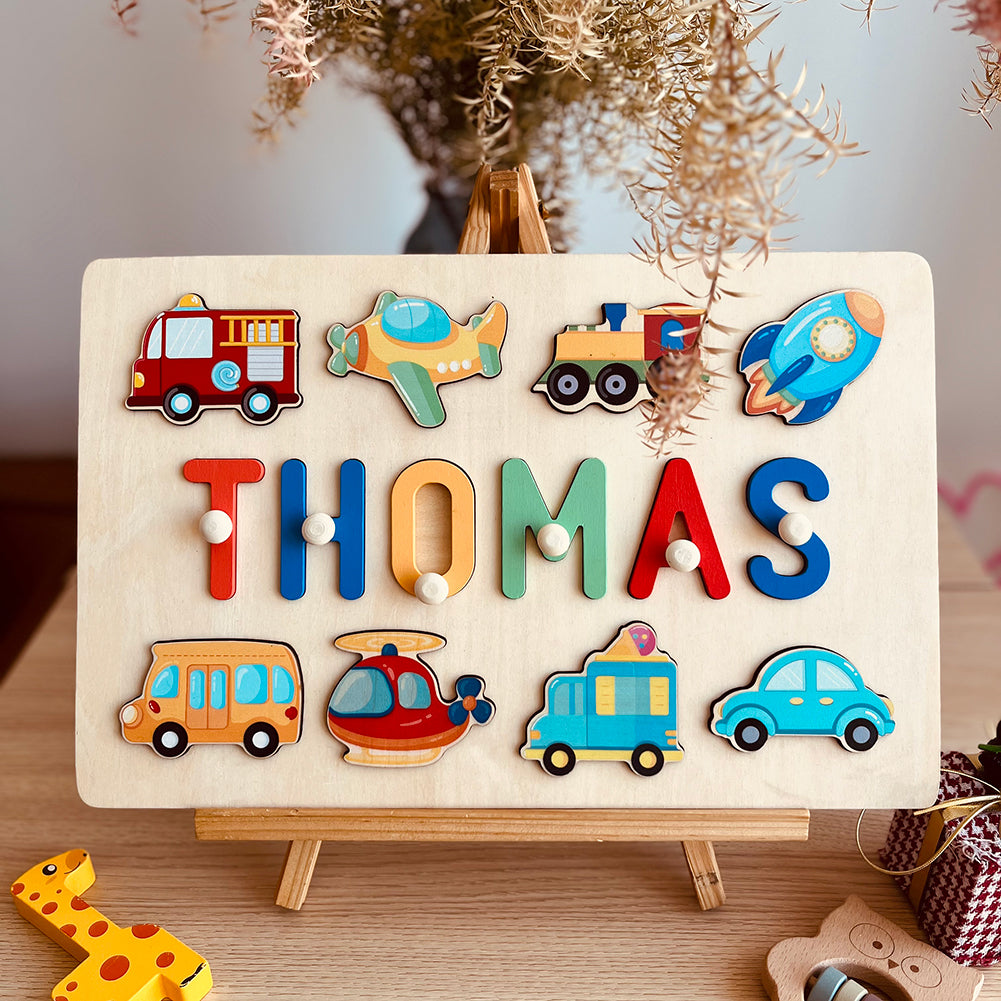
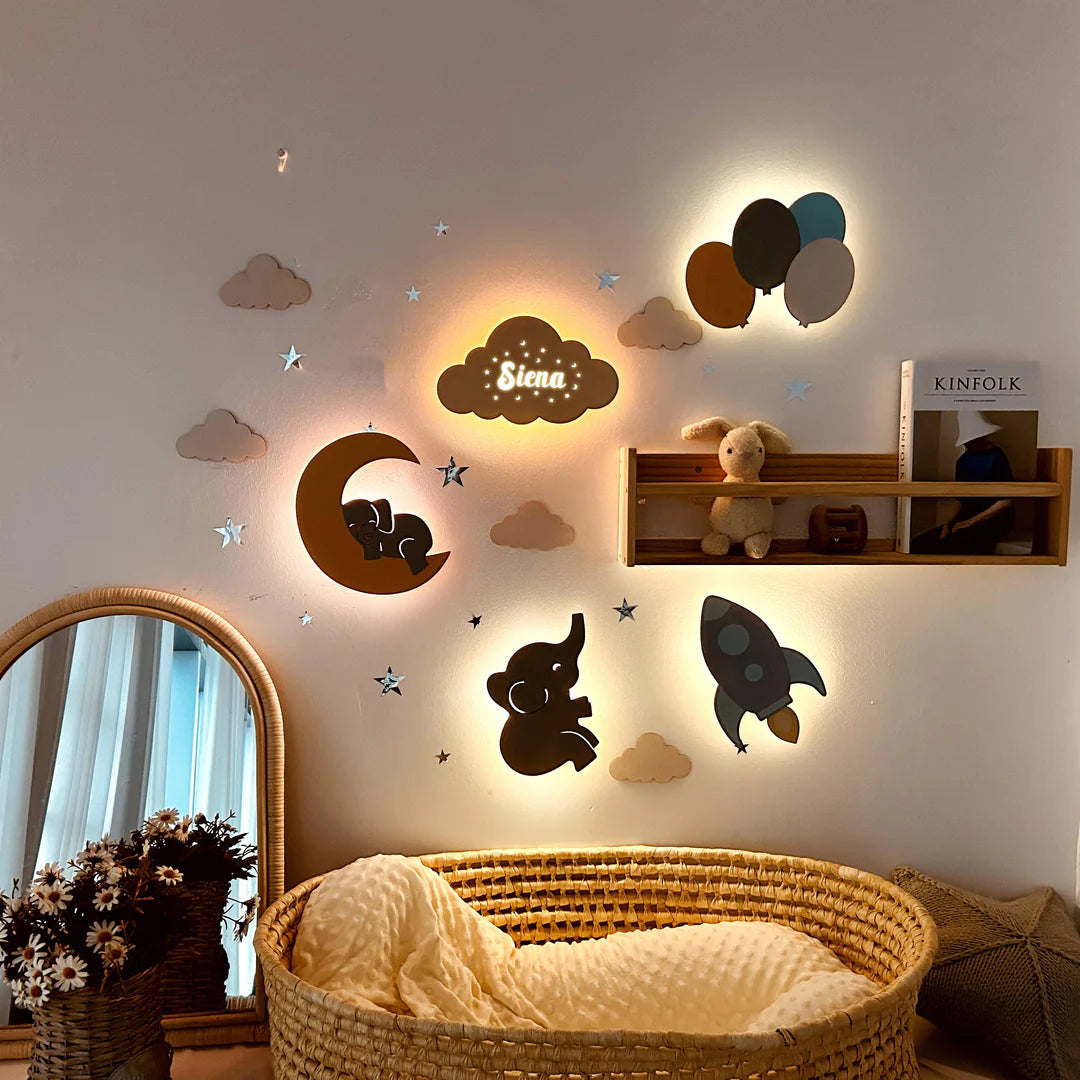
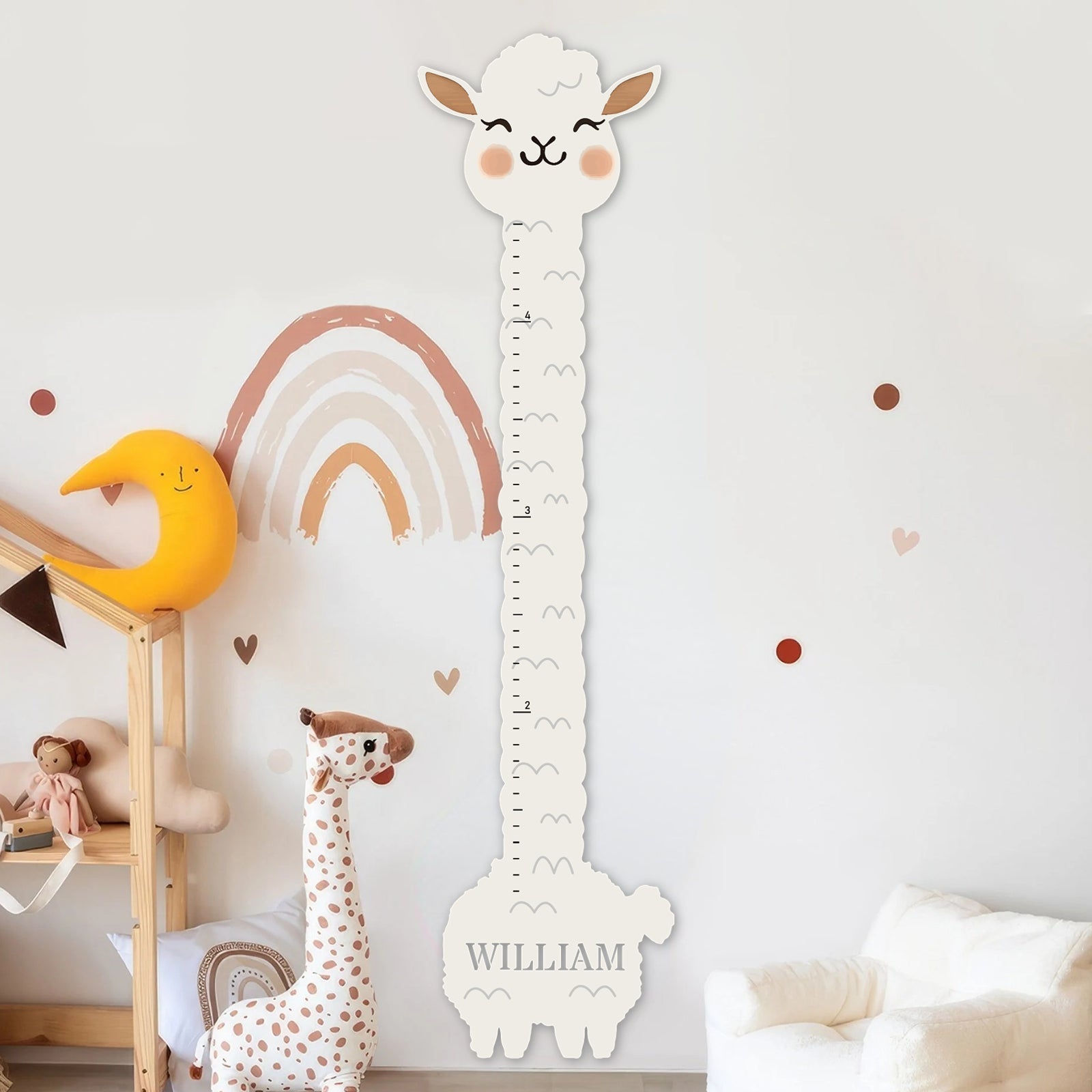

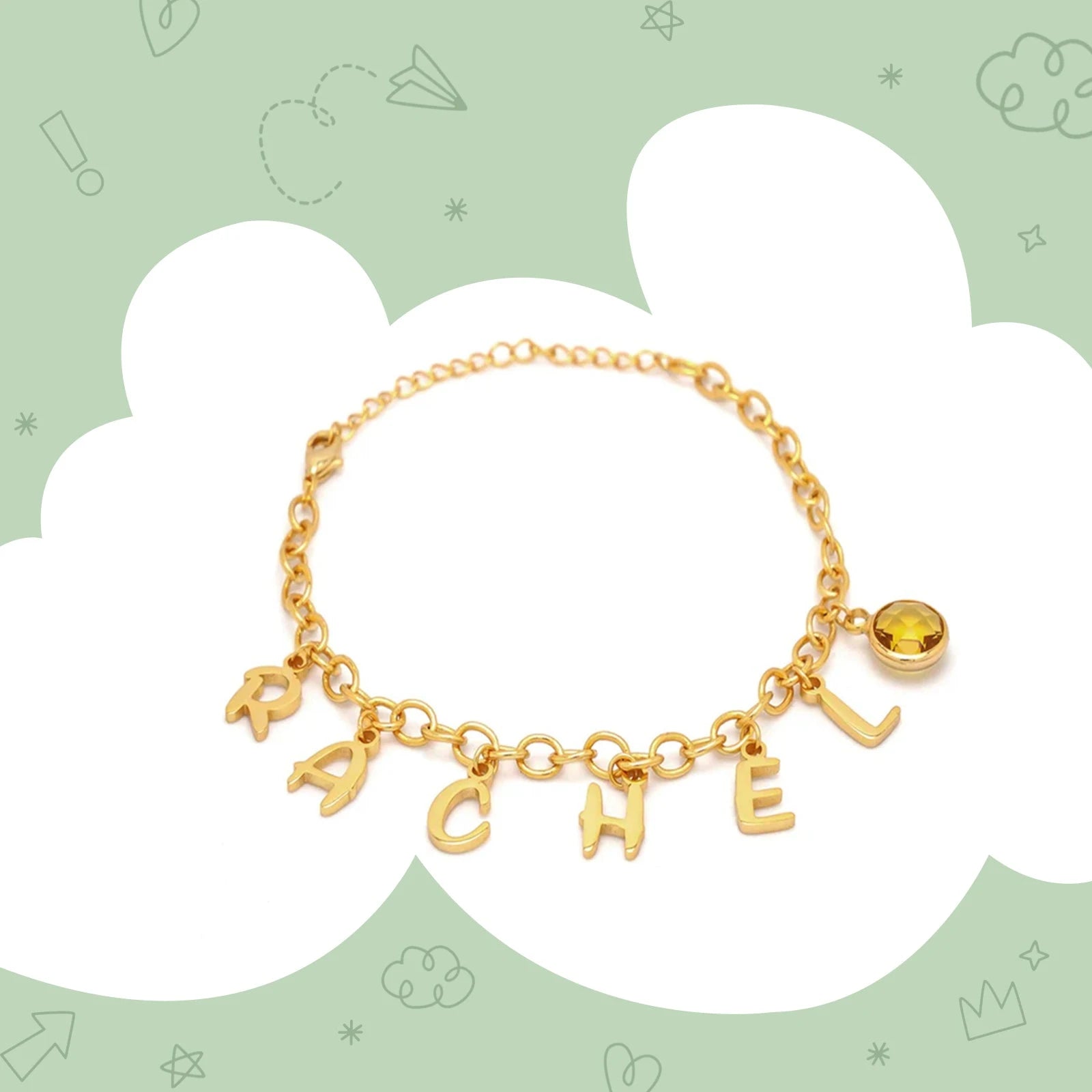
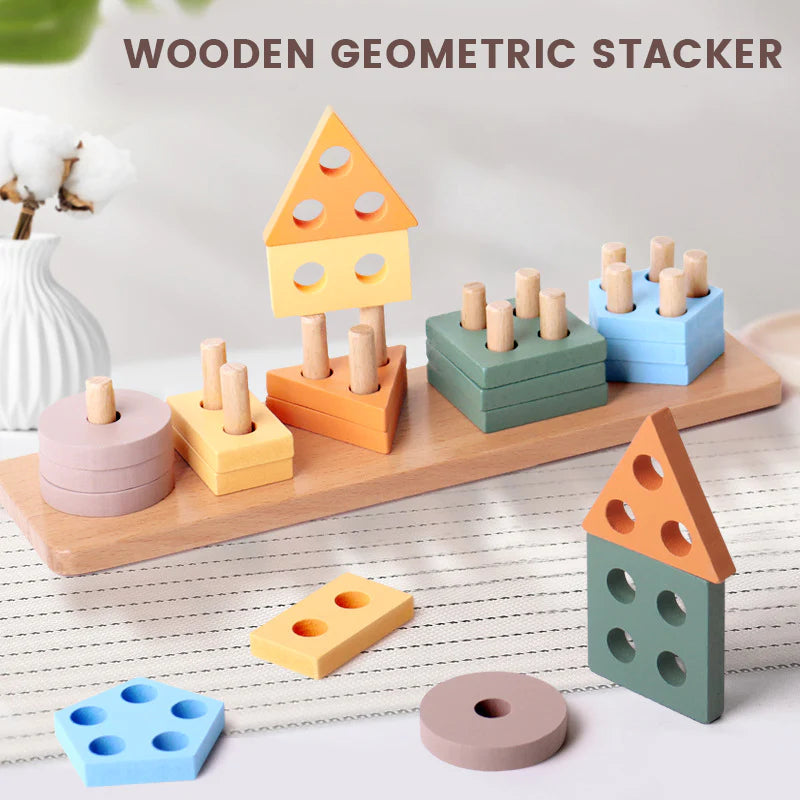



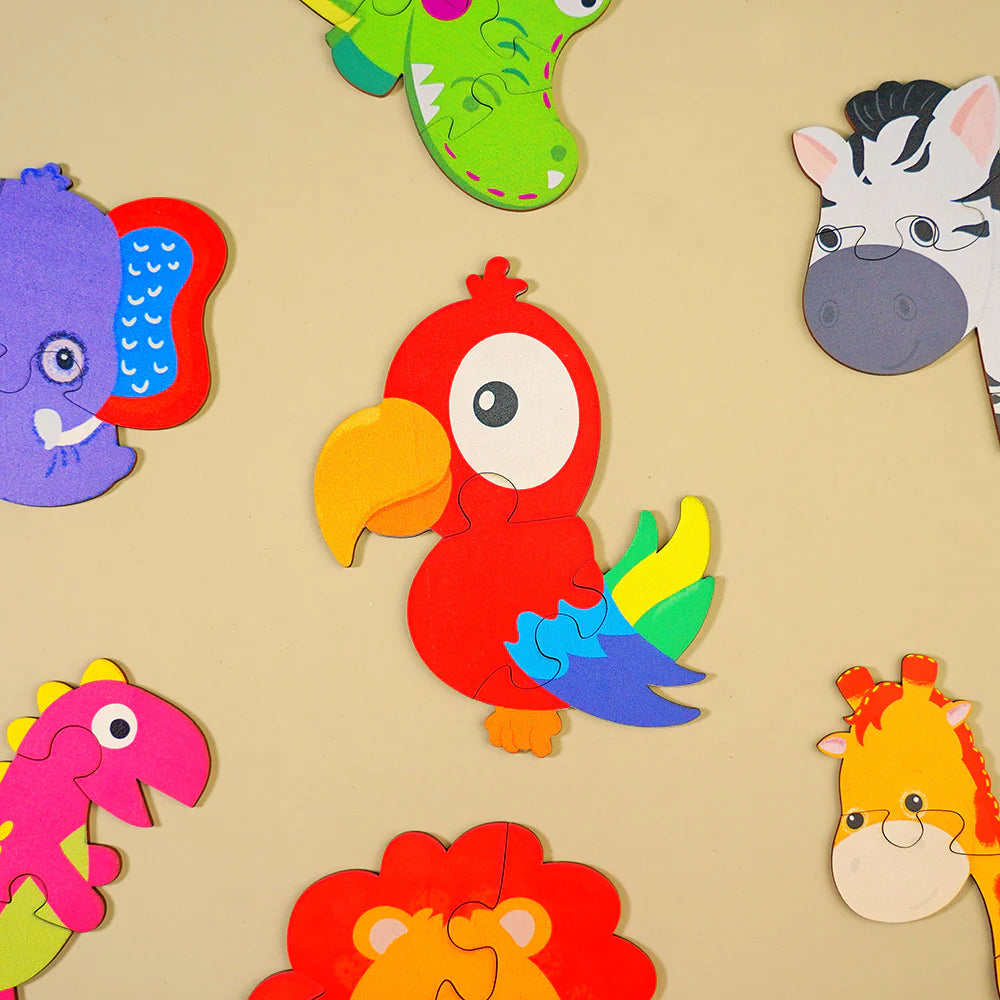


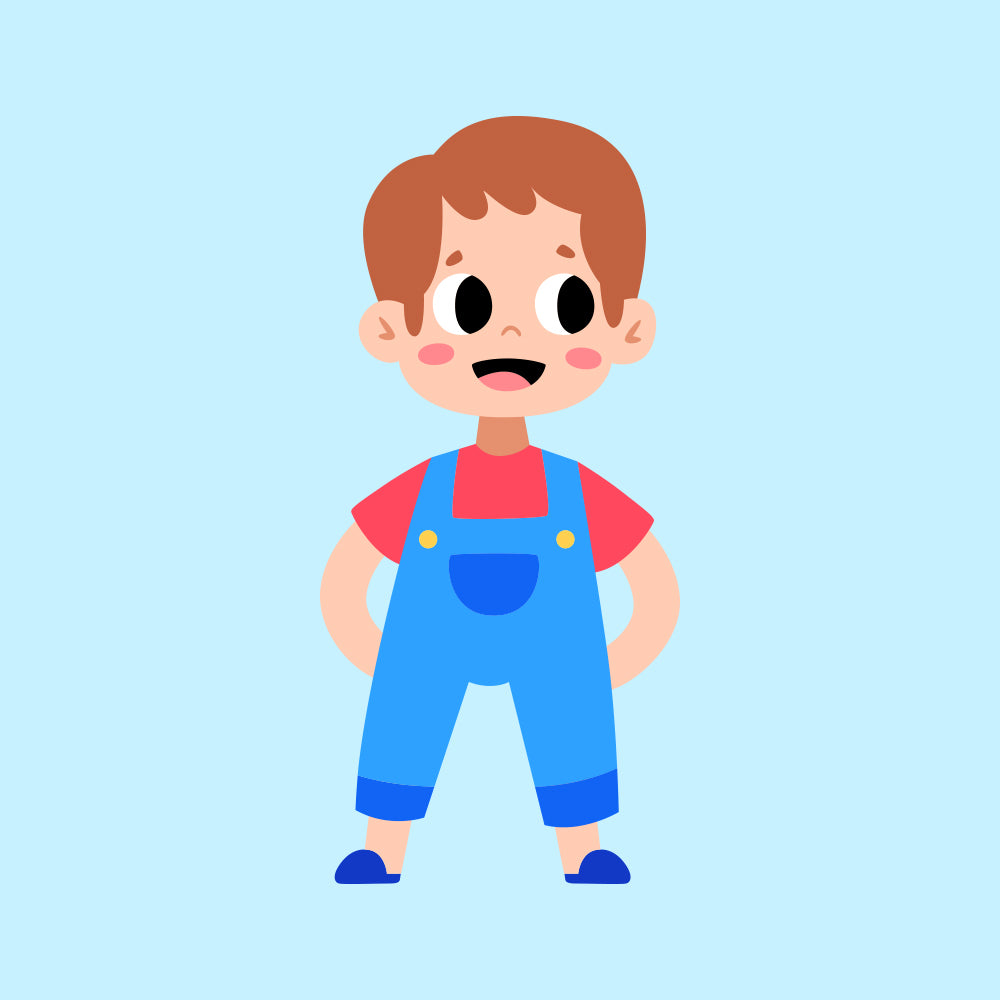



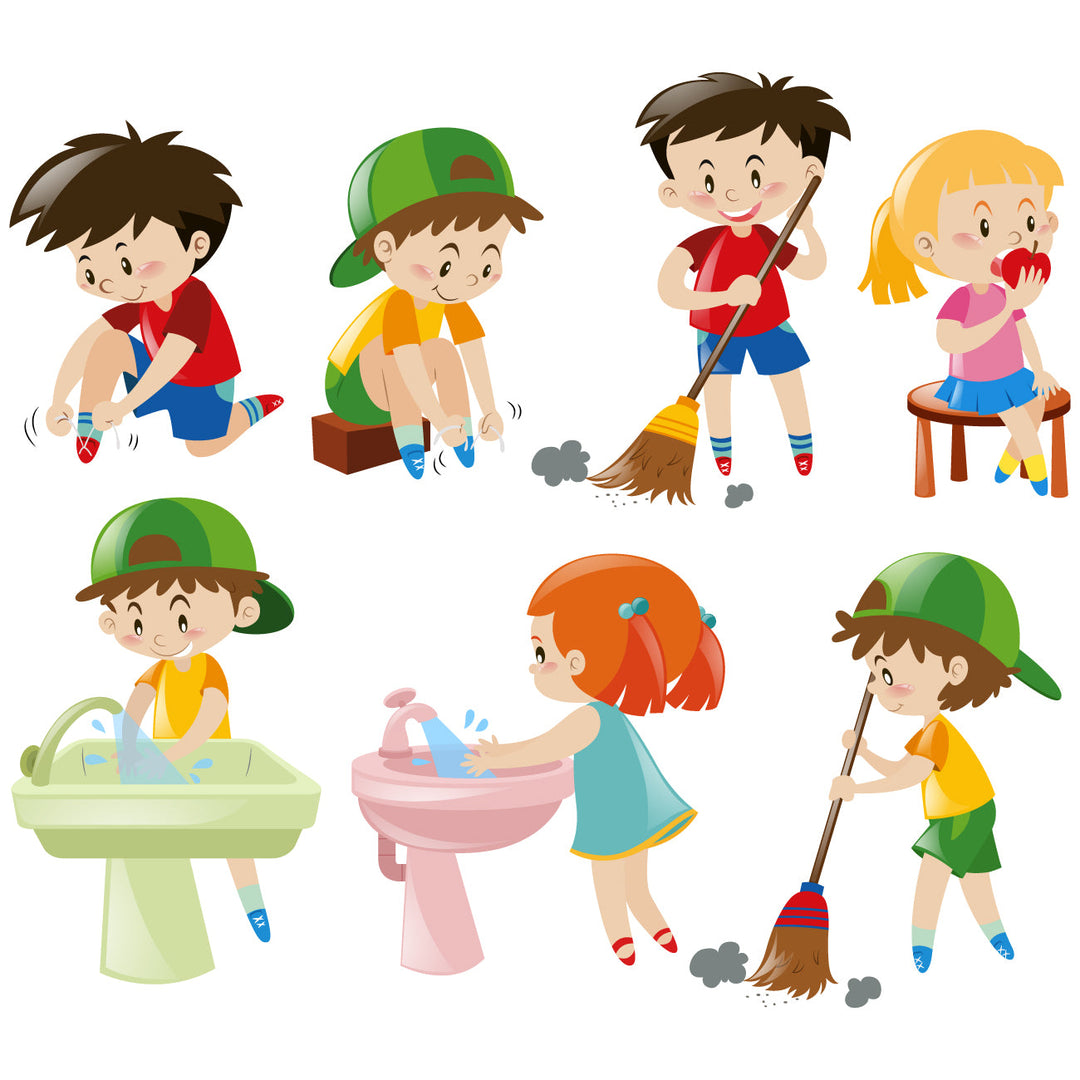


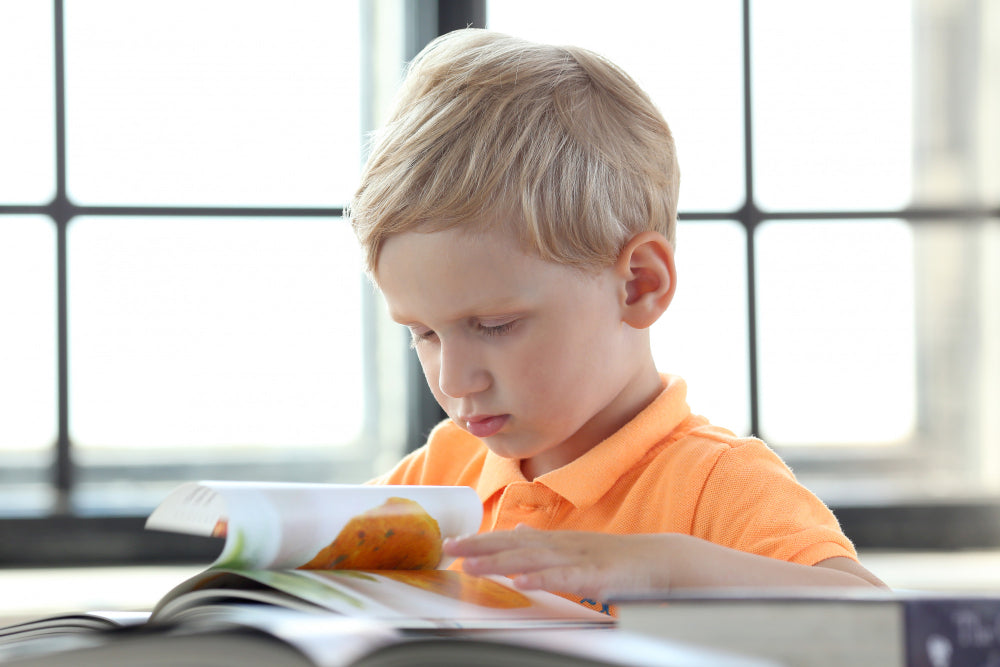
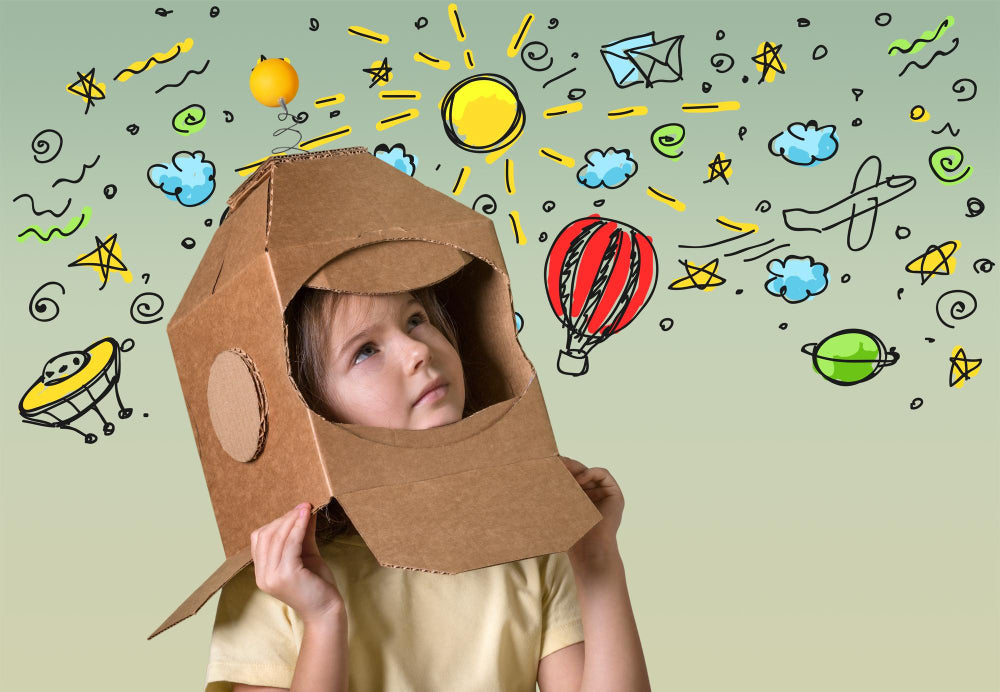
Thank you for this thoughtful post on choosing the right Montessori toys. I appreciate how you’ve detailed the importance of selecting toys that align with a child’s developmental stage. This guidance is incredibly helpful for parents looking to promote their child’s growth and independence through play. Great tips and recommendations.
Leave a comment